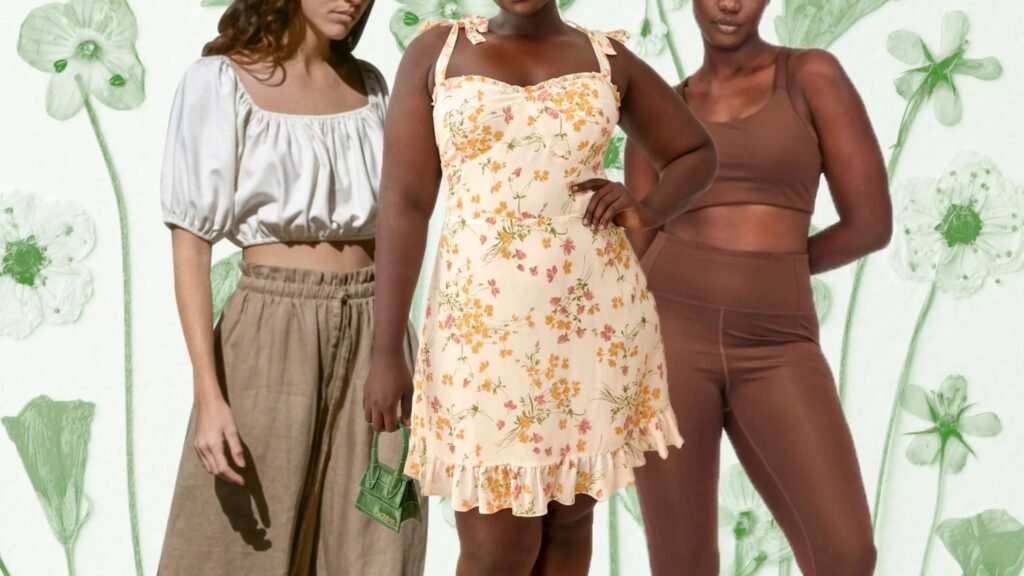
Our perception of a sustainable lifestyle needs to move beyond discourses on plastic wastage. Let’s today talk about sustainable fashion here.
10,000 litres of water is used to make one kilogram of cotton that produces a pair of denim jeans. A person would take roughly ten years to consume the same amount of water.
Since trends change with increasing rapidity, clothes purchased as part of a specific trend easily become obsolete, thereby leading to massive waste management issues.
Sustainability in fashion is no longer an option.
To make sustainable purchasing decisions, consumers need to assess the quality of the garment, the production process, the supply chain, and the garment’s afterlife.
The most obvious solution is to limit consumption.

Corporate responses to the urgency of sustainable fashion vary. Some manufacturers have started to develop mechanisms to recycle denim.
Lee Jeans, for instance, plans to launch a range of biodegradable jeans that we can put in a compost bin after we decide that we no longer need them. The fabric is 85% cotton and 15% flax.
Accel Lifestyle, has developed a proprietary sustainable fabric made of the environment-friendly Supima cotton.

There are other alternatives too – invest in ethical fashion garments that last longer, avoid the purchase of outfits with fabric that can negatively impact the environment, do your research on affordable sustainable brands and options, recycle old clothes, share outfits with friends, borrow clothes from family members.
Reference- Vox, UN Climate Change Report, the Italian Reve, FII, Accel Lifestyle






